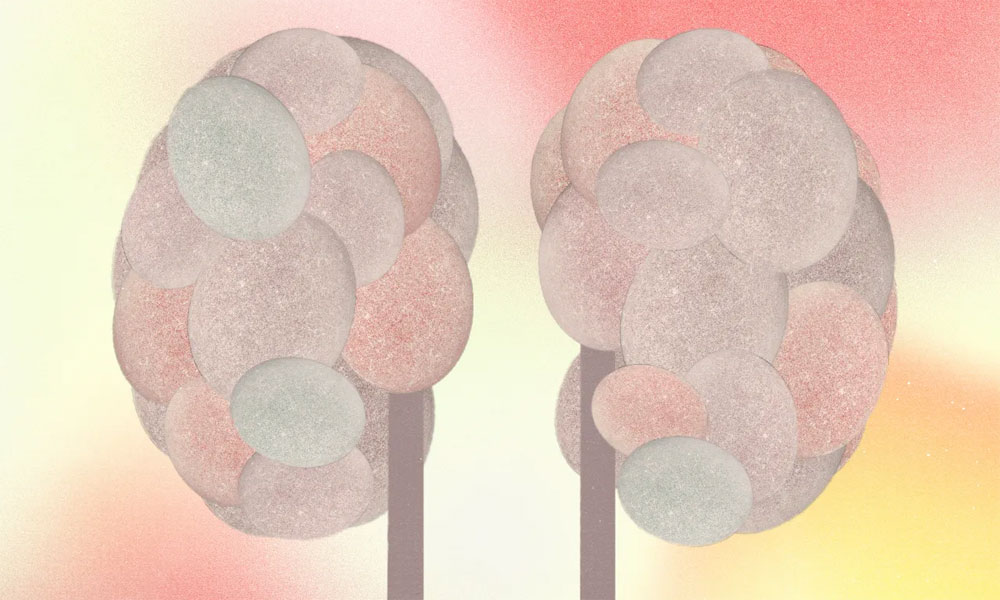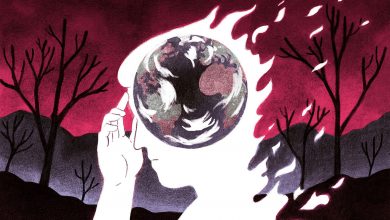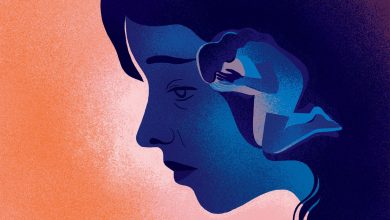4 Early Signs Of Kidney Stones You Should Never Ignore

Kidney stones can cause sleepless nights and excruciating pain. The condition can be caused by many factors, but what is important for us is to recognize its early symptoms. This will help get timely treatment and provide relief.
We spoke to Dr. Atul Ingale, Consultant Nephrologist and Transplant Physician, Director, Department of Nephrology, Fortis Hiranandani Hospital, Vashi, who told us all about kidney stones and ways to recognize the disease at an early stage.
What are kidney stones?
Dr. Ingale says, “Kidney stones are also called nephroliths or kidney stones. They are complex collections of salts and minerals generally composed of calcium or uric acid. They form within the kidney and can even travel to other parts of the urinary tract. A kidney stone forms when there are too many minerals built up in the urine.
When people don’t drink enough water, their urine becomes more concentrated with higher levels of certain minerals. When these minerals are higher, they can cause a kidney stone.” You can save yourself from kidney damage.
Who is most at risk for this problem?
Kidney stones are also quite common in people who have diabetes or obesity. This disease can also be caused by a genetic condition called cystinuria. Small kidney stones usually don’t cause any symptoms, but when they reach a person’s ureter (the tube that urine travels from the kidney to the bladder), they can cause pain and other symptoms.
If the kidney stone is small, it will continue from the bladder to the urethra and pass out of the body through urine. In most cases, kidney stones go away naturally within 31 to 45 days. If a stone has not passed during this time, it is essential to get medical attention.
What are the symptoms of a kidney stone?
Dr. Ingale says, “If a person has a small kidney stone, they may not have any symptoms as the stone passes through the urinary tract without causing any problems. But if the kidney stone is more significant, they are likely to have some symptoms.” Signs will include the following:
1. Pain in the back, abdomen, or side
Kidney stones can cause intense pain, and some people have even compared it to the pain of being stabbed. The pain begins when the stone moves into the narrowed ureter, causing a blockage and increasing pressure on the kidney. The pressure causes nerve fibers to fire and send pain signals to the brain.
Kidney pain can often start suddenly and come on in waves as the stone changes location. While large stones can be more painful, even smaller stones can be painful and cause blockage.
2. Pain or burning when urinating
“After the stone reaches the part between the ureter and the bladder, it will cause discomfort during the urination process. This condition is called dysuria.
If a person does not recognize the symptoms of a kidney stone, it can easily be mistaken for a urinary tract infection. Therefore, if the symptoms persist, it is best to consult a doctor so that he can give a definitive prognosis, ”adds Dr. Ingale. Painful urination can be an early sign of kidney stones.
3. Blood in urine
“A common symptom of kidney stones is blood in the urine, which is also called hematuria. The blood may be red, pink, or brown, and sometimes the blood cells are too small to see without a microscope (called microscopic hematuria). Still, a specialized doctor can test the urine for blood and diagnose kidney stones in a patient,” says Dr. Ingale.
4. Cloudy or smelly urine
Healthy urine is clear and does not have a pungent odor. A person who has cloudy or foul-smelling urine could indicate a kidney or urinary tract infection. The smell in urine can come from bacteria that can lead to a urinary tract infection.












